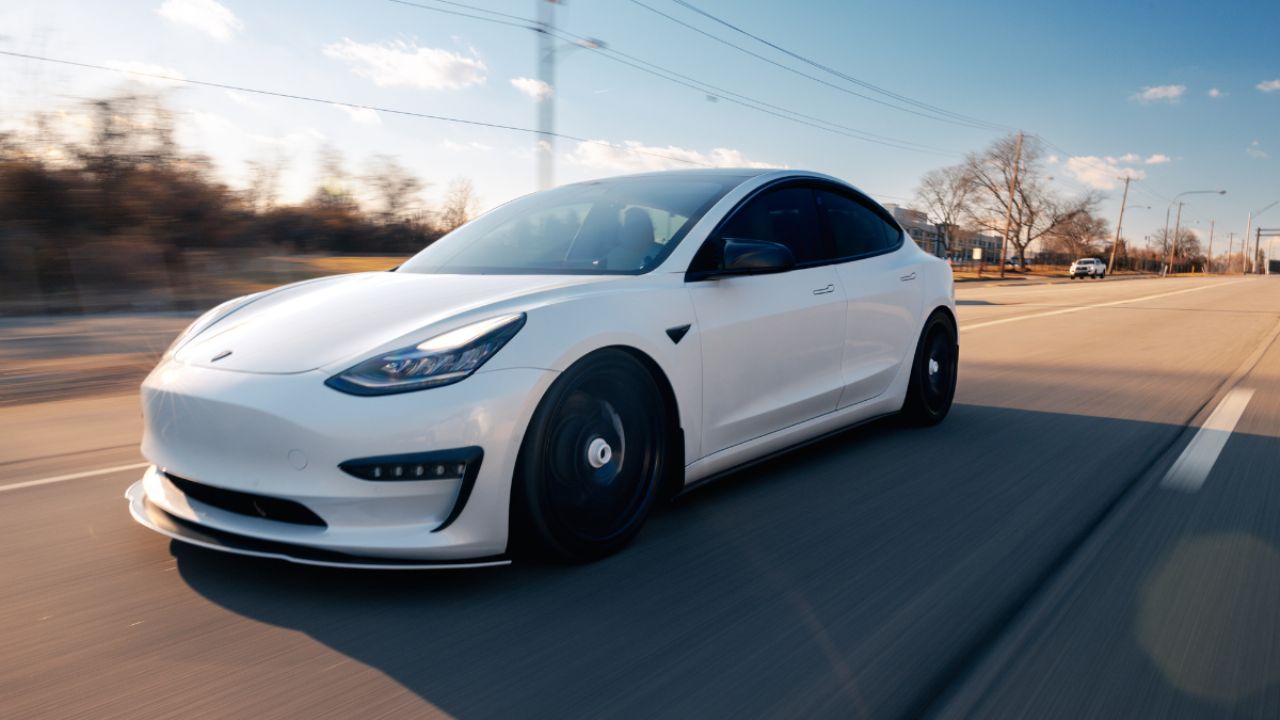The market of electric cars In Chile, the company has experienced remarkable growth so far in 2024, and Tesla, Elon Musk’s flagship brand, has established itself as the undisputed leader in this segment. Since its official arrival in the country in February, the company has managed to position itself in first place in sales of 100% electric vehicles, surpassing its main competitors and capturing the attention of Chilean consumers.
According to figures provided by the National Automotive Association of Chile (ANAC), Tesla has sold approximately 470 electric vehicles through July 2024, with its popular Model 3 leading sales with 264 units, followed by the Model Y with 206 units. This success is largely due to the expansion of the brand In the country, there is already a growing demand for zero-emission vehicles, which are increasingly present in the Chilean market.
Competition in the sector, however, has not been easy. BYD, the brand China, which is also at the forefront of electric mobility, has followed closely behind Tesla with 398 electric vehicles sold in the same period. Although it has not surpassed Tesla, BYD has proven to be a strong competitor, consolidating its second position in the Chilean market. Meanwhile, Volvo, the Swedish brand recognized for its focus on safety and sustainability, is in third place with 219 units sold.
This growth in sales of electric cars This is not only due to the offer of increasingly attractive models with greater autonomy, but also to factors such as environmental concerns of users, promotions that exceed 30% discounts and competitive prices that start at $12,290,000 with bonuses included. In addition, the approval of more than 40 new zero-emission models and the expansion of the charging infrastructure in the country have facilitated the adoption of these vehicles by consumers.
Compared to previous years, sales of hybrids and 100% electric cars have experienced a significant increase, growing by 78.6% in July 2024 with 1,288 units sold. This increase reflects a change in the preferences of Chilean consumers, who are opting for more sustainable and technologically advanced alternatives.


















